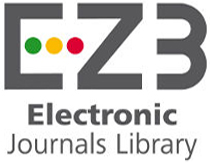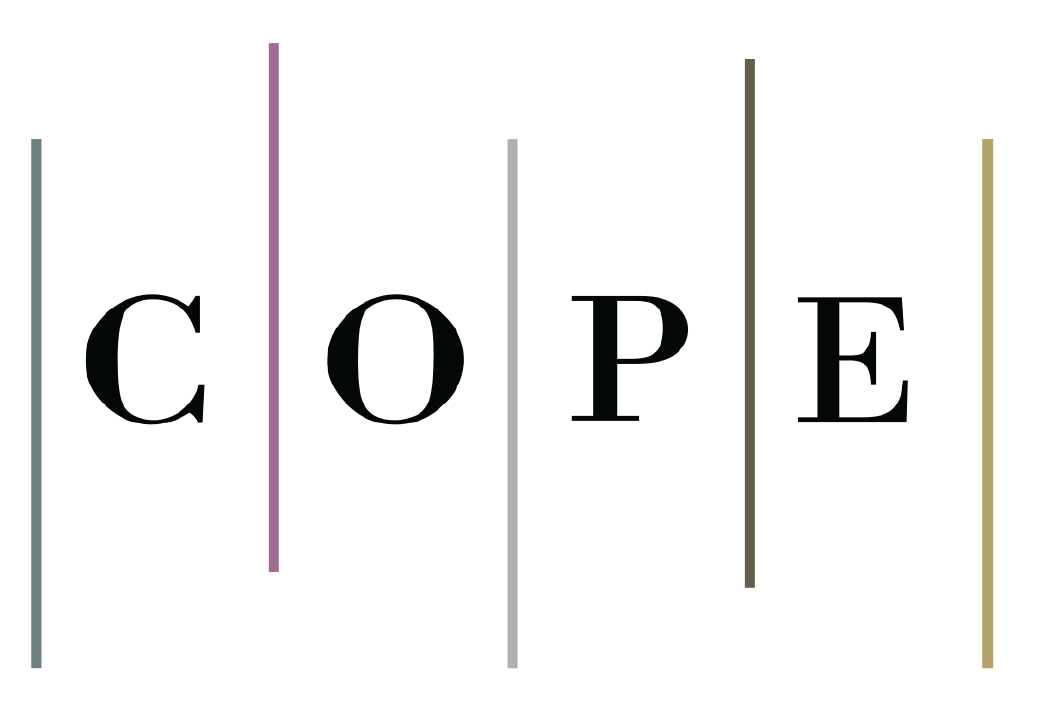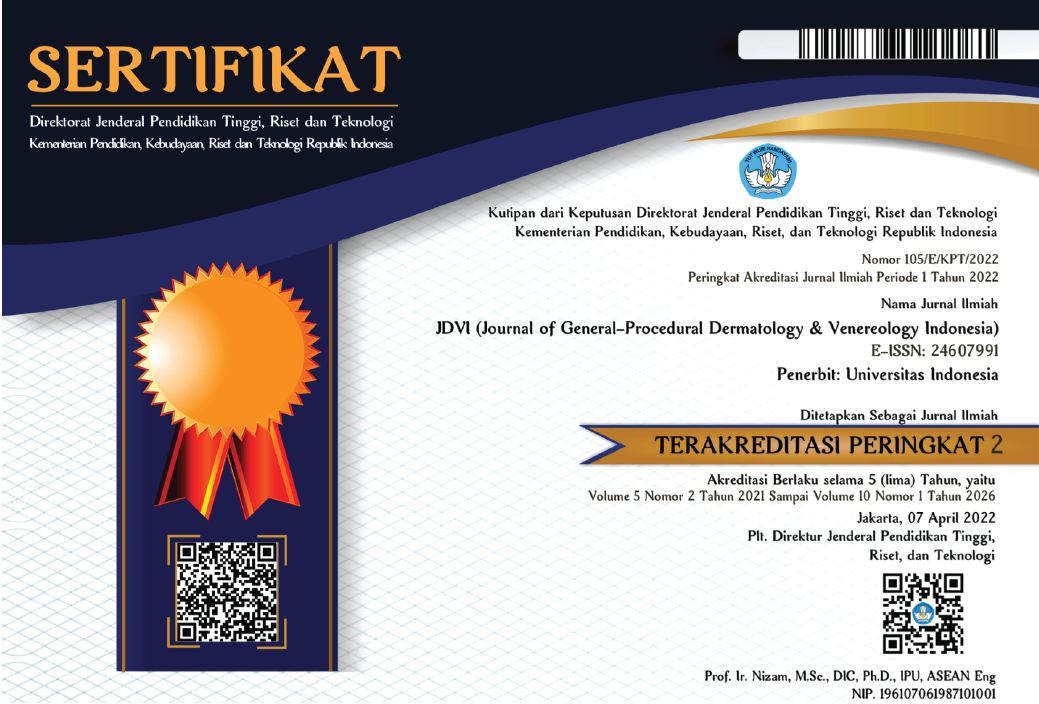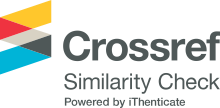Abstract
Background: Lengthy therapeutic regimens in leprosy are prone to defaults, contributing to more antibiotic-resistant Mycobacterium. Intervening patients’ medical habits midway would be more complicated than understanding their perception of undergoing such regimens in advance. We study the factors considered relevant to leprosy patients’ compliance to construct a novel self-reporting questionnaire that can predict the patients’ adherence before initiating multidrug therapy.
Methods: According to the Delphi methods, we conducted three rounds of interviews with twenty-three respondents from various backgrounds, including dermatologists, government officials, healthcare workers, and patients with leprosy, to infer the associated factors of the included items. Each item was scored using the Likert scale, and accepted items (scores above 75%) were classified into six-dimensional categories based on the health belief model theory.
Result: The initial 236 items were simplified to 72 items. Then, a panel discussion was conducted to score each item. Finally, 48 items were accepted and categorized into 12 indicators from 6 dimensions. The 12 indicators encompass knowledge about leprosy, its severity, therapeutical options, stigma, challenges in the treatment maintenance, availability of medical facilities and workers, therapeutic impact, drug regulation, health personnel, personal beliefs, attitude, and motivation. (p
Conclusion: The study identified 12 critical factors influencing adherence to leprosy treatment, contributing to the prevention of antibiotic-resistant mycobacterium and providing valuable insights through the predictive self-reporting questionnaire.
References
- World Health Organization. Global leprosy update, 2018: Moving towards a leprosy-free world. Weekly Epidemiological Record. 2019;94(35/36):389-411.
- Reyila VP, Betsy A, Riyaz N, et al. Clinico-epidemiological study of disability due to leprosy at the time of diagnosis among patients attending a tertiary care institution. Indian J Dermatol. 2019;64(2):106-11.
- Silva CA, Albuquerque VL, Antunes MFR. Leprosy as a neglected disease and its stigma in the northeast of Brazil. Indian J Lepr. 2014;86(2):53-9.
- Goncalves M, Prado M, Silva SSD, et al. Work and leprosy: Women in their pains, struggles and toils. Rev Bras Enferm. 2018;71(suppl 1):660-7.
- Cruz R, Buhrer-Sekula S, Penna MLF, Penna GO, Talhari S. Leprosy: Current situation, clinical and laboratory aspects, treatment history and perspective of the uniform multidrug therapy for all patients. An Bras Dermatol. 2017;92(6):761-73.
- Susanti IA, Mahardita NGP, Alfianto R, Sujana IMIWC, Siswoyo, Susanto T. Social stigma, adherence to medication and motivation for healing: A cross-sectional study of leprosy patients at Jember Public Health Center, Indonesia. J Taibah Univ Medical Sci. 2018;13(1):97-102.
- Siskawati Y, Effendi EH, Legiawati L, Menaldi SL. Poor treatment compliance leads to a higher mutation for rifampicin resistance in multibacillary leprosy patients. Medical J Indones. 2018;27(4):237-43.
- World Health Organization. Guidelines for the diagnosis, treatment and prevention of leprosy. New Delhi: World Health Organization, Regional Office for South-East Asia; 2018. p.17.
- Wibawa T, Satoto TBT. Magnitude of neglected tropical diseases in Indonesia at postmillennium development goals era. J Trop Med. 2016;2016:5716785.
-
Chaptini C MG. Leprosy: A review on elimination, reducing the disease burden, and future research. Lepr Rev. 2015;86:307-15.
-
Lam WY, Fresco P. Medication adherence measures: An overview. BioMed Res Int. 2015;2015:217047.
-
Gibson TB. A dynamic analysis of medication adherence. J Manag Care Spec Pharm. 2022;28(12):1392-9.
-
Chan AHY, Horne R, Hankins M, Chisari C. The medication adherence report scale: A measurement tool for eliciting patients' reports of nonadherence. Br J Clin Pharmacol. 2020;86(7):1281-8.
-
Culig J, Leppee M. From Morisky to Hill-bone; self-reports scales for measuring adherence to medication. Coll Antropol. 2014;38(1):55-62.
-
de Villiers MR, de Villiers PJT, Kent AP. The delphi technique in health sciences education research. Med Teach. 2005;27(7):639-43.
-
Priyoto. Teori sikap dan perilaku dalam kesehatan. 1st ed. Yogyakarta: Nuha Medika; 2014. p. 136. Indonesian.
-
Stecher V, Rosenstock I. The health belief model. In: Glanz K, Lewis F, Rimer B, editors. Health behavior and health education. 2nd ed. San Fransisco: Jossey-Bass Inc; 1996. p.41-59.
-
Amir MT. Merancang kuisioner: Konsep dan panduan untuk penelitian sikap, kepribadian & perilaku. 1st ed. Jakarta: Prenadameia Group; 2015. p. 97-9. Indonesian.
-
Fatmala K. Analysis of factors related with compliance taking medicine of leprosy in district pragaan. Jurnal Berkala Epidemiologi. 2016;4(1):13.
-
Holmes EAF, Hughes DA, Morrison VL. Predicting adherence to medications using health psychology theories: A systematic review of 20 years of empirical research. Value Health. 2014;17(8):863-76.
-
Kumar A, Girdhar A, Chakma JK, Girdhar BK. WHO multidrug therapy for leprosy: Epidemiology of default in treatment in Agra District, Uttar Pradesh, India. BioMed Res Int. 2015;2015:705804.
-
Saraswat N AR, Chopra A, Kumar S, Dhillon A. Assessment of factors responsible for dropout to multi drug therapy for leprosy. Indian J Lepr. 2018;91:225-32.
-
Correia JC, Golay A, Lachat S, et al. "If you will counsel properly with love, they will listen": A qualitative analysis of leprosy affected patients' educational needs and caregiver perceptions in Nepal. PLoS One. 2019;14(2):e0210955.
-
Lal V, Pal S, Haldar NK, Mandal PK, Srinivas G. What parents should know while their child is on MDT: Insights from a qualitative study in eastern India. Lepr Rev. 2014;85(2):81-4.
-
Urgesa K, Bobosha K, Seyoum B, et al. Knowledge of and attitude toward leprosy in a leprosy endemic district, Eastern Ethiopia: A community-based study. Risk Manag Healthc Policy. 2020;13:1069-77.
-
Singh R, Singh B, Mahato S. Community knowledge, attitude, and perceived stigma of leprosy amongst community members living in Dhanusha and Parsa districts of Southern Central Nepal. PLoS Negl Trop Dis. 2019;13(1):e0007075.
Recommended Citation
Siskawati, Yulia; Asih, Sali Rahadi; Kekalih, Aria; Menaldi, Sri Linuwih; Herqutanto, Herqutanto; and Bramono, Kusmarinah
(2023)
"Item generation in the development of a questionnaire for predicting multidrug therapy compliance in leprosy,"
Journal of General - Procedural Dermatology and Venereology Indonesia: Vol. 7:
Iss.
2, Article 1.
DOI: 10.7454/jdvi.v7i2.1147
Available at:
https://scholarhub.ui.ac.id/jdvi/vol7/iss2/1
Included in
Community Health and Preventive Medicine Commons, Dermatology Commons, Integumentary System Commons, Skin and Connective Tissue Diseases Commons






























